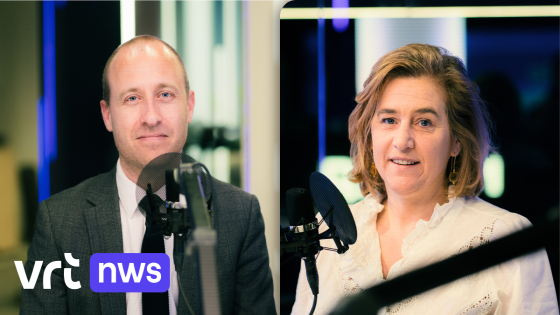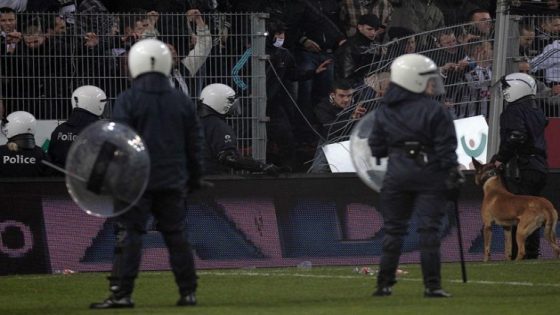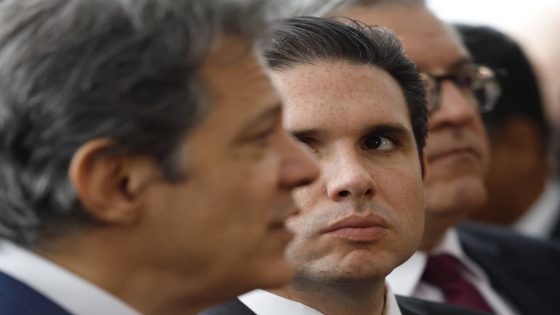On February 25, 2025, Russian President Vladimir Putin stated that he has not engaged in detailed discussions about resolving the conflict in Ukraine with U.S. President Donald Trump. This remark followed a meeting between Russian and American negotiating teams in Saudi Arabia, which also did not address the issue in depth.
- Putin hasn't discussed Ukraine conflict with Trump.
- Russian and American teams met in Saudi Arabia.
- Putin open to European involvement in peace.
- Trump believes Putin may accept peacekeepers.
- Previous stance against Western forces in Ukraine.
Putin mentioned on state television that Russia is open to the participation of European countries in a peace settlement for Ukraine. Earlier, Trump expressed his belief that Putin would accept European peacekeepers as part of a potential agreement to end the war.
The ongoing conflict in Ukraine has seen various international efforts aimed at establishing peace. Recently, discussions between Russian and American officials took place but did not yield significant progress regarding the situation. Both leaders have acknowledged the complexity of achieving lasting peace amidst differing viewpoints on foreign military presence.
Key points from recent statements include:
- Putin’s assertion that detailed talks on resolving the Ukraine conflict have not occurred with Trump.
- Trump’s belief that Putin may consider European peacekeepers as part of any future agreement.
- A previous indication from Russian officials rejecting Western forces’ involvement in Ukraine.
This dialogue reflects ongoing tensions and varying perspectives among global leaders concerning intervention strategies and sovereignty issues within Ukraine. The prospect of European nations participating could alter dynamics if both sides agree on terms conducive to de-escalation.
The lack of detailed discussions between Putin and Trump highlights persistent challenges in reaching a resolution for the Ukraine conflict. As both leaders navigate complex geopolitical landscapes, their statements suggest potential avenues for future dialogue involving European nations.



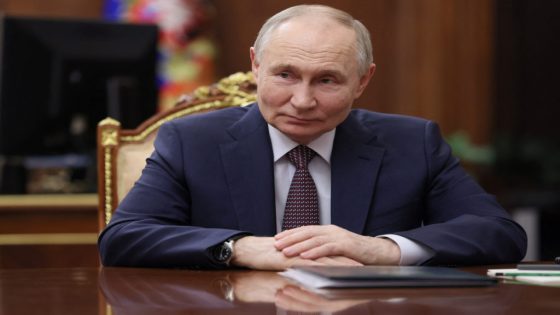


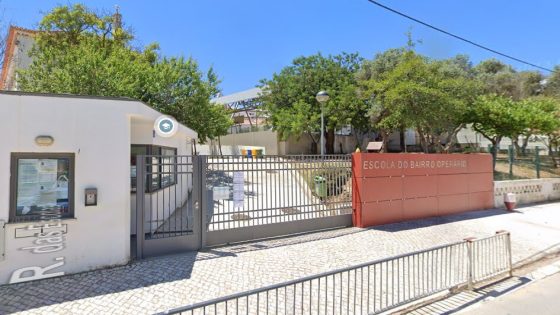
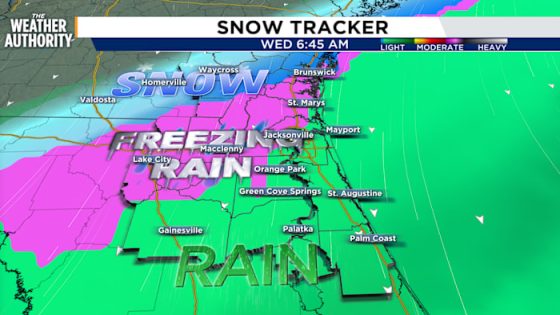

![[EN DIRECTE] Una multitud desafia el fred i la pluja per a exigir la dimissió de Mazón](https://news.faharas.net/wp-content/uploads/2025/02/Massive-Crowd-Braves-Cold-and-Rain-to-Demand-Mazons-Resignation-560x315.jpeg)
